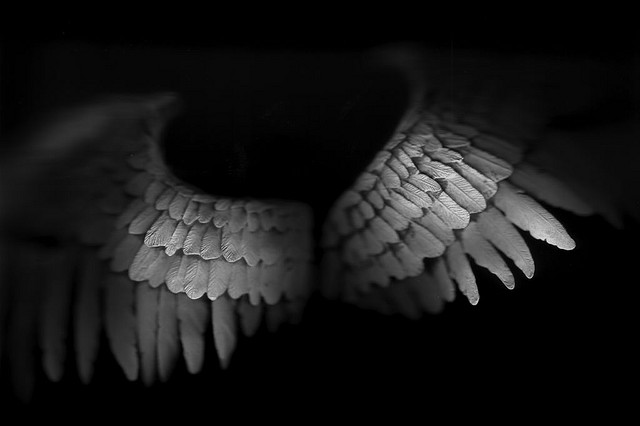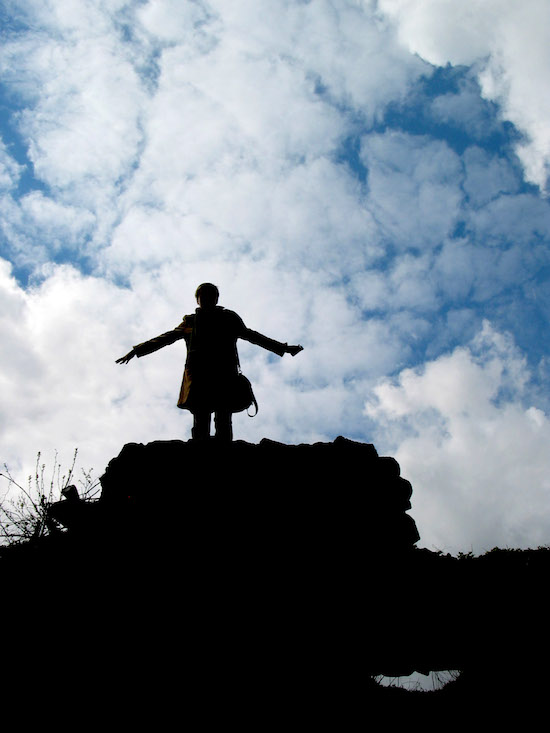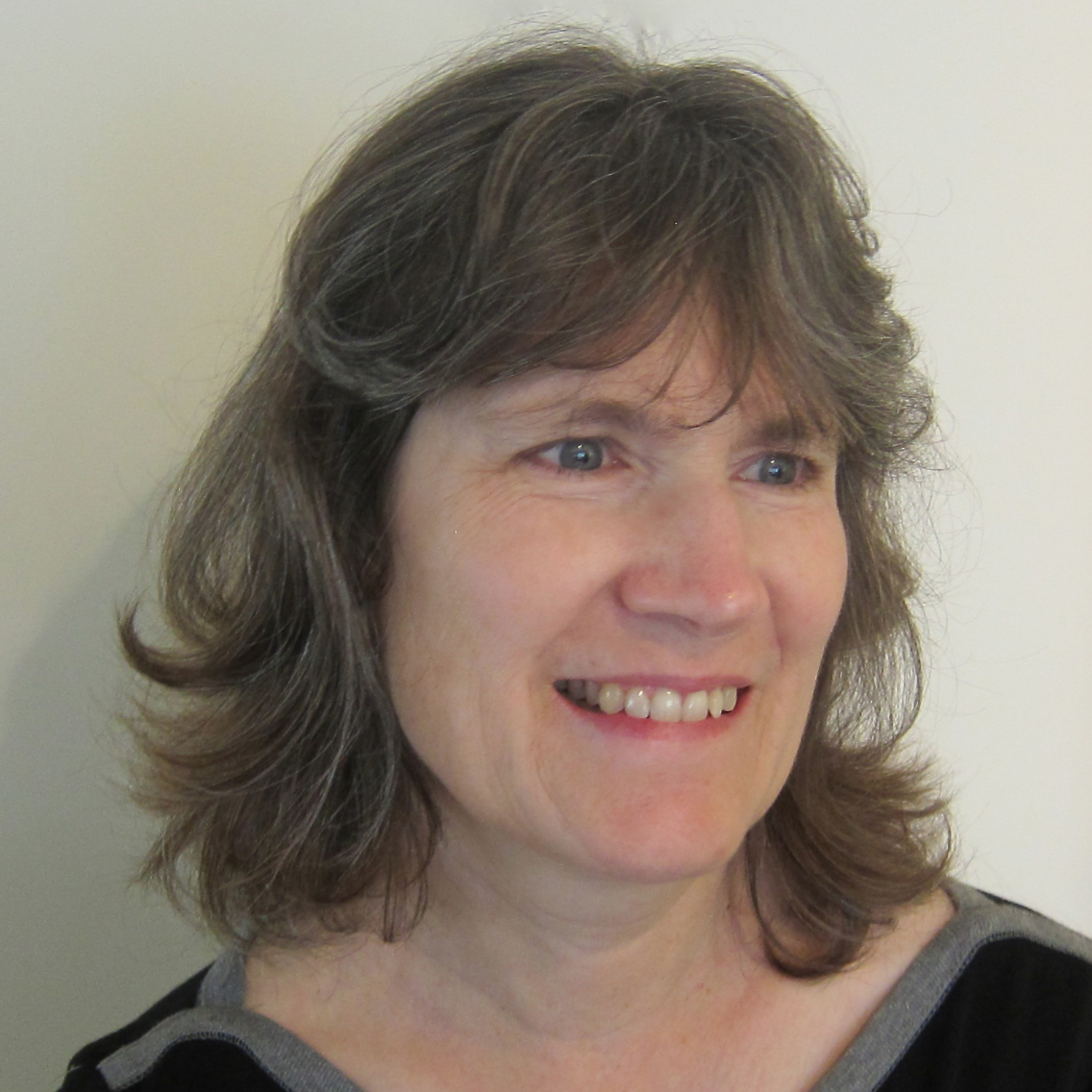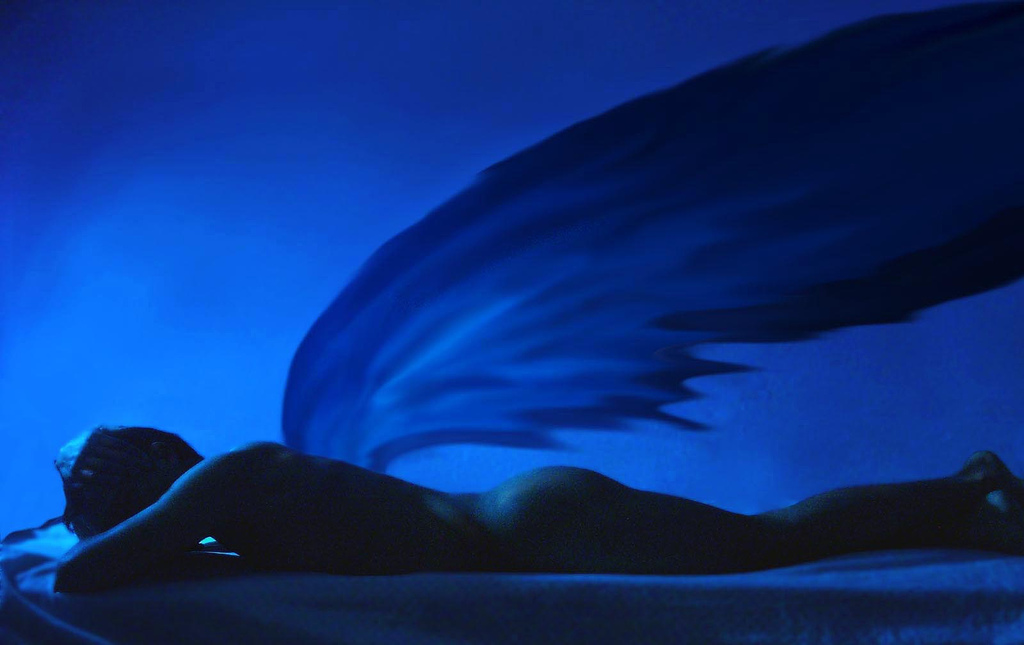Editor’s Note by Martha Nichols
Writing—and Editing—the Ineffable
It wasn’t until my twenties, when I first ran across Flannery O’Connor’s letters, that I found a soul mate. Not because of O’Connor’s fierce Catholicism (I’ve never been a Christian), but because of her insistence on not gussying up her religious beliefs:
I must say that the thought of everyone lolling about in an emotionally satisfying faith is repugnant to me. I believe that we are ultimately directed Godward but that this journey is often impeded by emotion. I don’t think you are a jellyfish. But I suspect you of being a Romantic.
This 1955 excerpt is in The Habit of Being, the collection of O’Connor’s letters released many years after her death. (She died in 1964 at the age of 39.) She wrote this and other letters to an anonymous correspondent known only as “A”—a young woman (she of the jellyfish reference) who had her own struggles with the church.
O’Connor is not the only author who’s shaped me. I have far more fondness for feminist, sociological, and psychological explanations than she ever expressed, and her assessments of lesser mortals could be harsh. And yet, her 600-plus pages of published letters, not to mention unsparing short stories like “Revelation” and “A Good Man Is Hard to Find,” offered me new freedom when I read them decades ago, and they still do. Her work is transformative like a sock in the gut.
A lifelong commitment to writing is inevitably a journey of belief, regardless of religion or church affiliations. I know this well. Indeed, I don’t see how creative work can be separated from the Meaning of Everything. That’s why TW's Holiday 2013 issue explores the manifold ways faith, lost or found, influences writers.
Even this daughter of an atheist and a lapsed Episcopalian longed for spiritual answers at a young age. I’m convinced this is the reason I became a writer. I had to tell somebody about all the feelings buried inside or I’d implode.
My mother (the Episcopalian) did have us baptized. In the late ‘60s and early ’70s, she’d take my brother and me, if we asked, to an occasional Unitarian church. I remember Mondrian-style stained glass, folky renditions of Beatles songs, my mother’s restlessness. She’d tell us that she used to be a Sunday school teacher, but now nothing “clicked.” A painter, she would say art was her religion.
This wasn’t unusual among Bay Area secular humanists and Bohemians in “the dawning of the Age of Aquarius.” But in the working-class suburb where I grew up, I also rubbed shoulders with Catholics and Mormons and Baptists, many good friends who wanted to convert me. Churchless as I was, I felt tempted.
O’Connor was the one who got me to see that spiritual yearnings could exist side by side with a sense of the absurd. I now know that my longing for a higher power doesn’t need to be dunked in spoonfuls of sugar or to conform to anything but the rough inner terrain I’m stumbling through. My big questions can be as prickly as I’ve always felt them to be.
If her unsentimental version of grace remains one of my guiding stars—“what is more comic and terrible than the angular intellectual proud woman approaching God inch by inch with ground teeth?,” as she wryly put it—Christopher Hitchens’s whip-smart atheism is another. Here’s a brief excerpt of his from “Is Christianity Good for the World?,” a 2007 online debate with a theologian:
I cannot, of course, prove that there is no supervising deity who invigilates my every moment and who will pursue me even after I am dead. (I can only be happy that there is no evidence for such a ghastly idea, which would resemble a celestial North Korea in which liberty was not just impossible but inconceivable.)
Hitchens and O’Connor shared a disdain for false pieties, which resonates with me. But it’s their willingness to be blazingly honest on the page that has fed my own meandering journey through atheism, Buddhism, Wicca, Quakerism, and my current agnostic embrace of whatever comes next.
 Just as I’ve conveyed a bit of my personal story here, each theme essay in this issue involves a variation of how the writer got from A to Z (or somewhere far beyond the alphabet). In “Can a Buddhist Revise a Sexy Novel?,” for instance, Judith Walcutt recounts when “the Dharma door opened” and the impact on her writing ever since. In “A Poet Looks for God,” Cherise Wyneken depicts her decision to leave the Lutheran church through writing a series of poems about her spiritual journey.
Just as I’ve conveyed a bit of my personal story here, each theme essay in this issue involves a variation of how the writer got from A to Z (or somewhere far beyond the alphabet). In “Can a Buddhist Revise a Sexy Novel?,” for instance, Judith Walcutt recounts when “the Dharma door opened” and the impact on her writing ever since. In “A Poet Looks for God,” Cherise Wyneken depicts her decision to leave the Lutheran church through writing a series of poems about her spiritual journey.
Later in the issue cycle, Richard Zimler describes how he moved from a secular Jewish childhood to studying the kabbala in his “From Mount Olympus to Mount Sinai.”
And in “I Saw Jesus—Now, How Do I Write About It?,” Jennifer Jean takes on her struggle to convey a spiritual visitation in a poem that avoids “Cheeseville.”
That’s the crux of the problem, of course, especially for writers who hope to appeal to a broader literary audience. Take the oracular “we”—we must all listen to God, the inner light, the [fill in the blank]—a bugaboo for anyone writing about matters of the spirit. I’ve had to reel in my own tendency to expound, so that the tone of singsong preaching only crops up when it has the most impact.
Or consider the use of “ineffable” to describe what’s extremely hard to describe. Abstractions like "ineffable" have never thrilled me, but the solution for making an ineffable experience vivid requires far more than replacing it with another word.
Editing these essays about writing and faith has presented surprising challenges, but it’s been one of my most rewarding experiences as a magazine editor, too. Normally, I’d push authors to simplify the nuances of something as mysterious as the kabbala or a Tibetan chödpa, and I did push. But I had to push myself as well.
 I wrestled with my aversion to rhetorical questions. My editorial instinct, schooled as I am in the Church of Strunk and White, is to cut them as part of an expository argument, especially when more than one appears in a hand-wringing series: Who can tell what he meant? Or why he jumped? Or why it matters? I ask authors to rephrase rhetorical questions as statements to reveal what they really mean (or know).
I wrestled with my aversion to rhetorical questions. My editorial instinct, schooled as I am in the Church of Strunk and White, is to cut them as part of an expository argument, especially when more than one appears in a hand-wringing series: Who can tell what he meant? Or why he jumped? Or why it matters? I ask authors to rephrase rhetorical questions as statements to reveal what they really mean (or know).
Except that the shifting nature of reality is part of many spiritual journeys, and the standard rules don’t necessarily apply when authors pose serious questions. The result is an unusually powerful group of personal essays and features in this issue of Talking Writing and (perhaps) a humbler editor.
If we don’t ask questions, we never stray off the familiar path into the dark wood or the dark night or the existential void. How, then, do we learn how much pain or truth we can tolerate? How do we know anything about the shadowed crevices within or the spinning universe? How do we avoid becoming jellyfish?
See, I’ve already broken my own rules. But I believe—and I do believe—there’s a reason why we humans need to preach.
Publishing Information
- The Habit of Being: Letters of Flannery O’Connor, edited by Sally Fitzgerald (Farrar Straus Giroux, 1979).
- “Is Christianity Good for the World?,” an online debate with Christopher Hitchens and Douglas Wilson, Christianity Today, May 8, 2007.
Art Information
- "Un Ange Bleu" © Raúl; Creative Commons license.
- "Wings of the Fallen" © Garrett; Creative Commons license.
- "Before Flying" © Pawel Tomkiewicz; SXC license.
 Martha Nichols is Editor in Chief of Talking Writing. Another TW editor recently asked her, "Why writing and faith?" Martha's response:
Martha Nichols is Editor in Chief of Talking Writing. Another TW editor recently asked her, "Why writing and faith?" Martha's response:
First I gave him the intellectual answer. Because, I said quickly, it’s a trend, with authors like Richard Rodriguez publishing Darling: A Spiritual Autobiography and A Prayer Journal by Flannery O’Connor just released and Boomers facing up to mortality and the literary world shaking its collective head…. Then I slowed down and got to the point: "Because it matters to me."
Martha wishes the very best to all TW readers this holiday season. If ever there's a time to have faith in writers and digital literature, it’s now.

